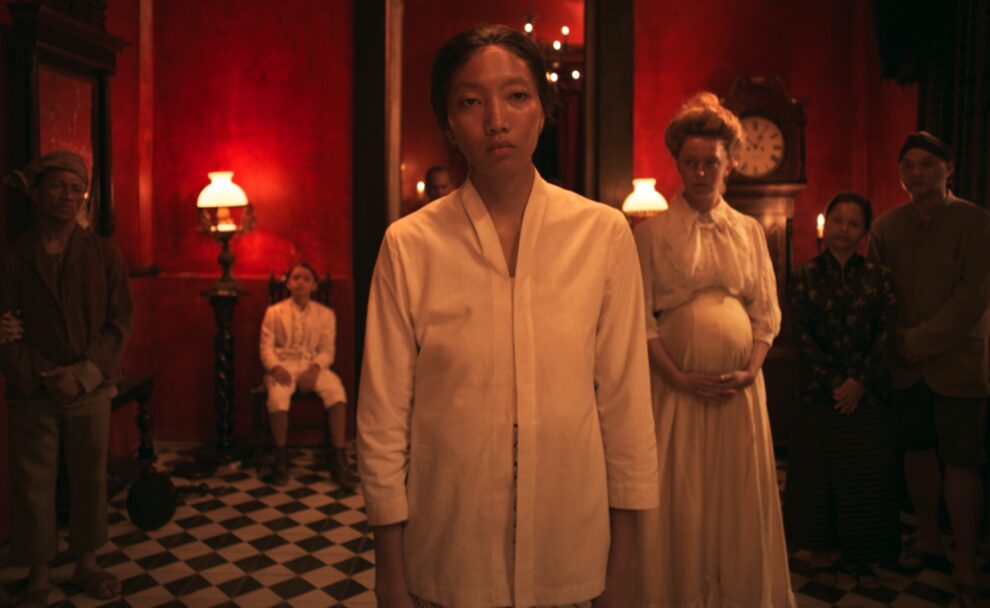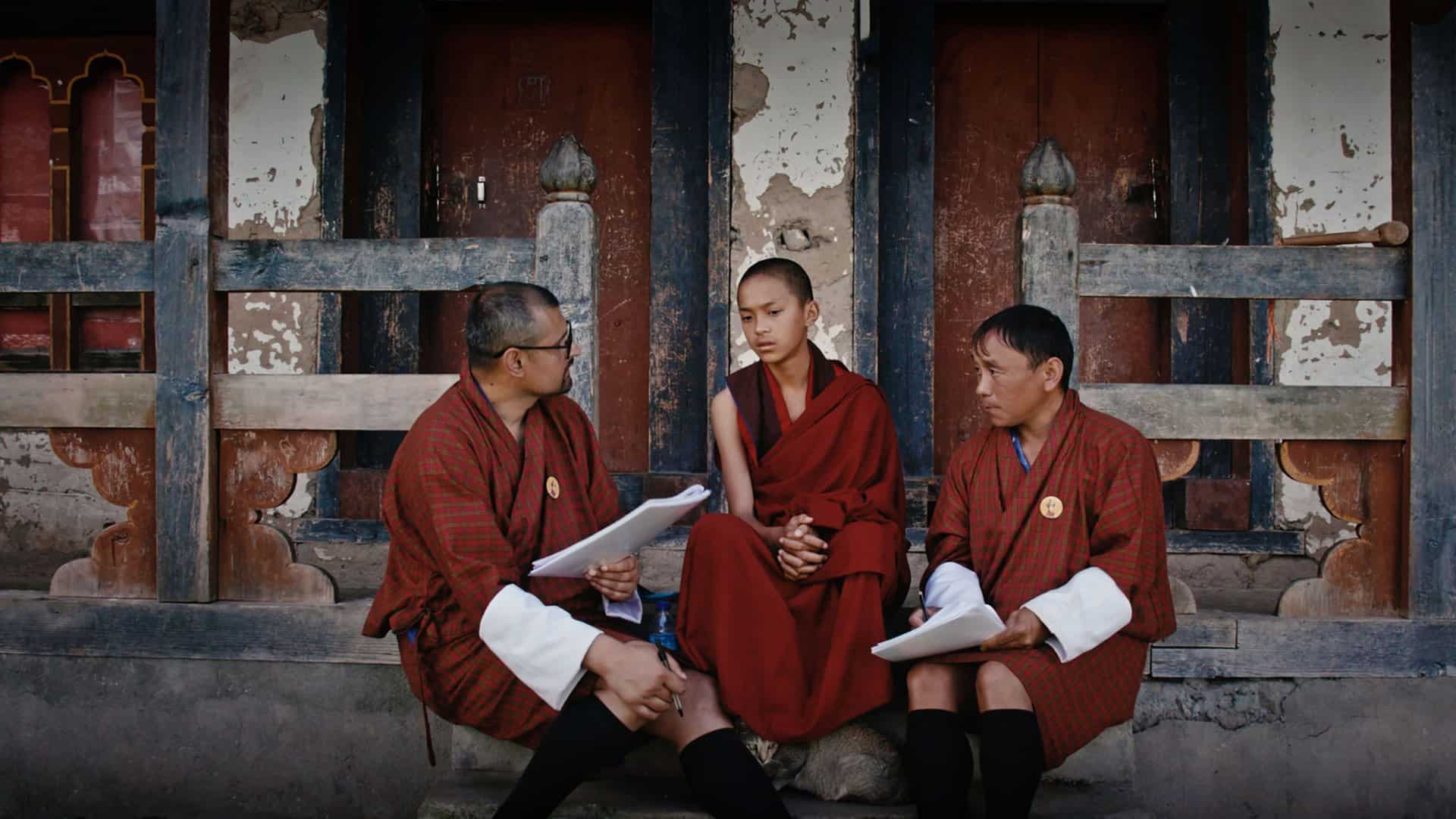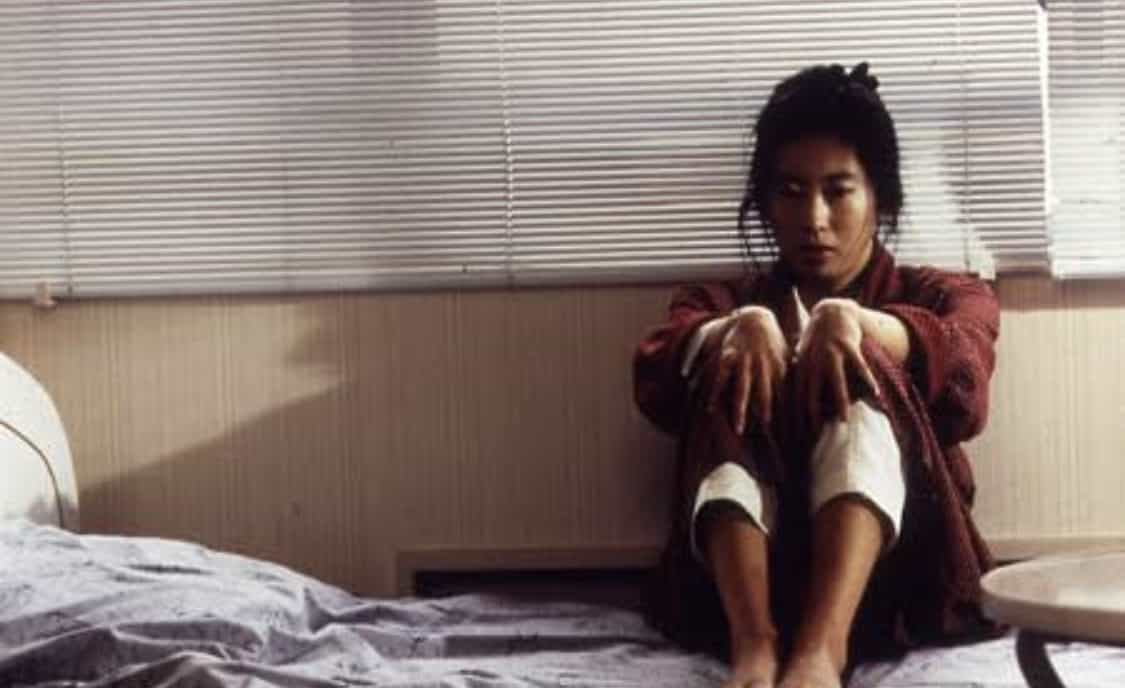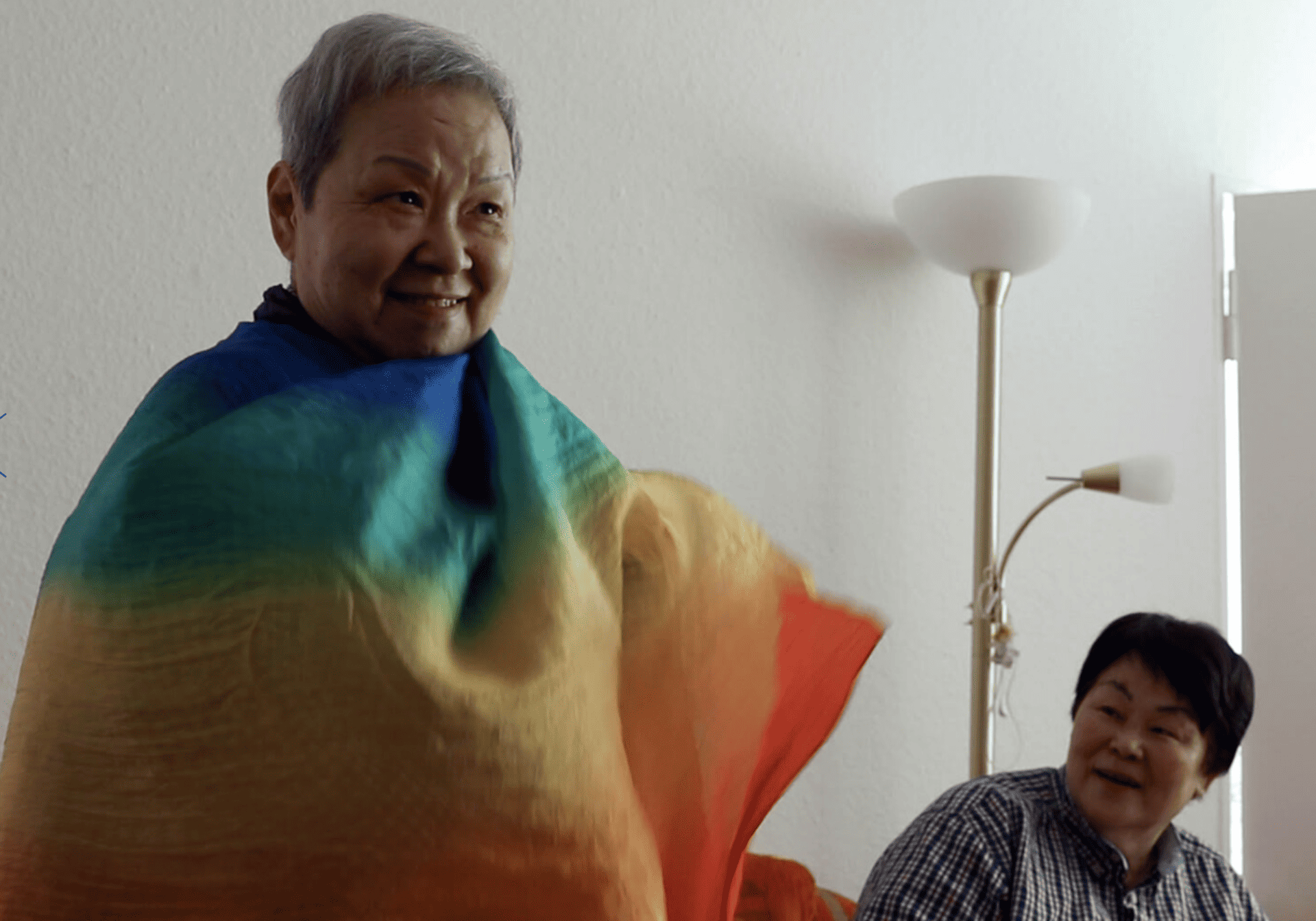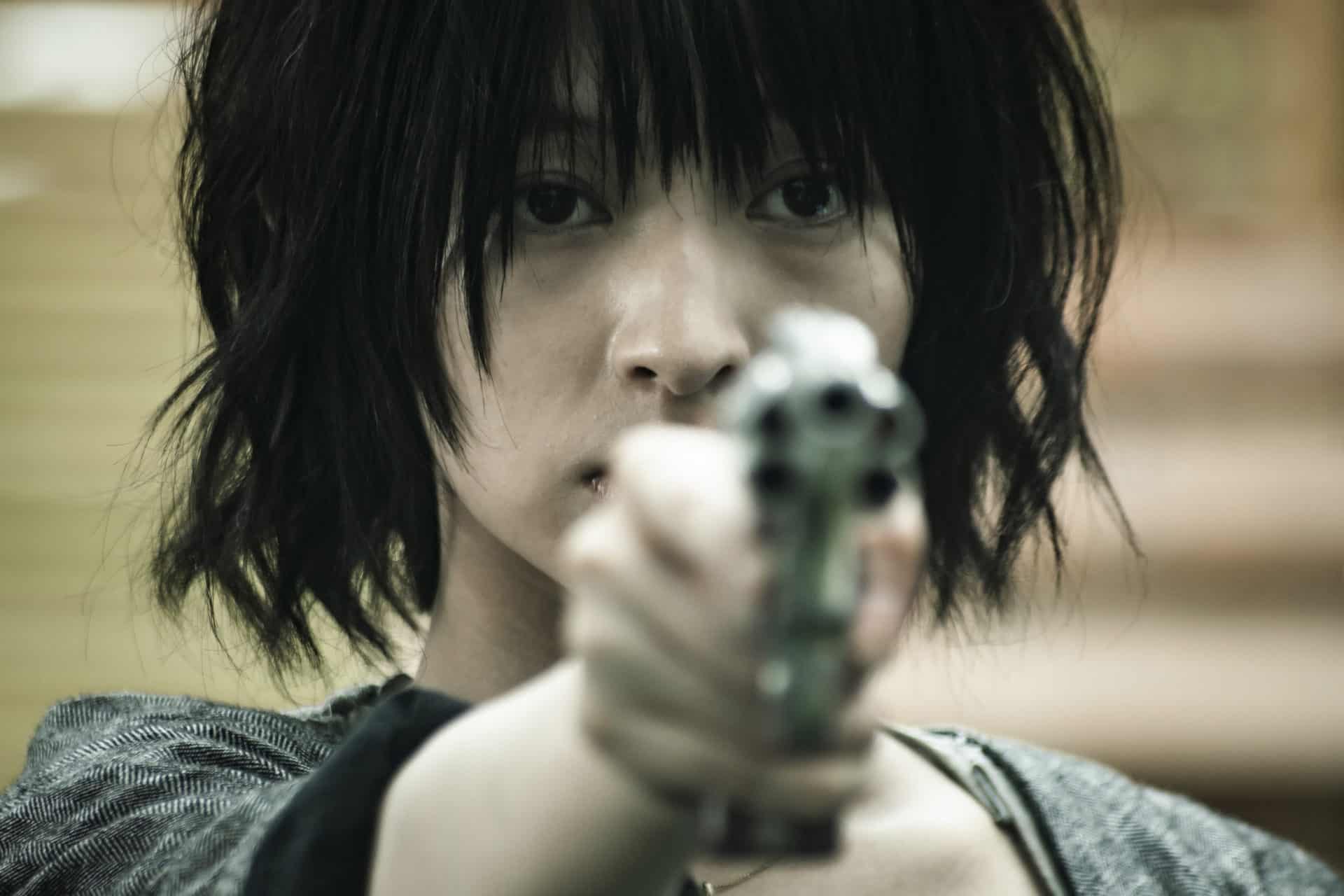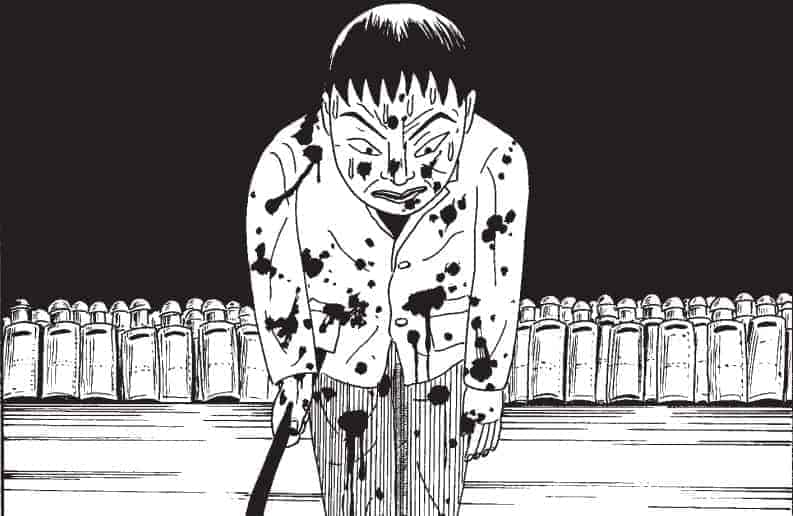As Leo Tolstoy wrote, all happy families are alike, while each unhappy family is unhappy in its own way. The rich cry too and there is something universal about the rivalries between the loved and the unloved wives, sons and heirs, regardless of their social status. So, why would the family of the sugar plantation owners in the Dutch East Indies in Ena Sendijarević's sophomore feature “Sweet Dreams” be any different? The film has just world-premiered at Locarno, where we also caught it.
Sweet Dreams is screening in Locarno Film Festival
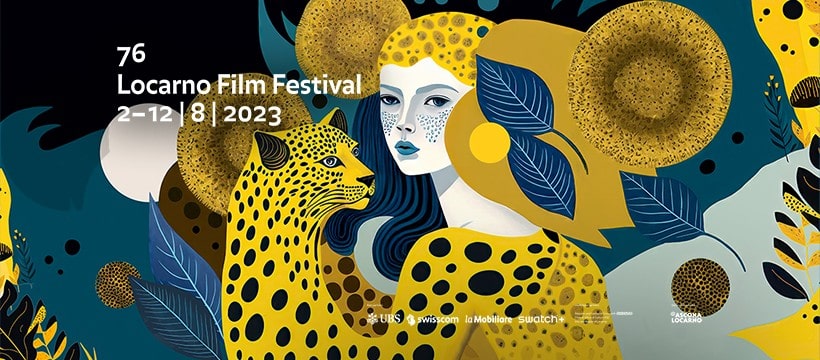
Somewhere in Indonesia in the early 1900s, Jan (Hans Dagelet) owns the plantation and the sugar processing plant and rules it with an iron fist. He is no softer even at home, where he commands over his seemingly blasée European wife Agathe (Renée Soutendijk) and his Indonesian housekeeper-lover-concubine Siti (Hayati Azis), while the two battle one another, each using the means at their disposal. The only person he has a soft spot for is his and Siti's son Karel, to whom he hand-makes toys and teaches to hunt.
Jan's death would result in a tectonic shift in the household dynamics. Agathe summons her and Jan's son Cornelis (Florian Myjer), whom they left behind in The Netherlands, with the mix of promises (that there will be enough money once the plantation and the factory is sold) and threatens (that she would otherwise cancel his allowance). So he comes with his needy heavily pregnant wife Josefien (Lisa Zweerman) only to find out that Jan has left everything to “his only legitimate” son Karel. Luckily to the colonial family, Karel and Siti have no knowledge about it. While the factory workers are striking to get their wages and the plantation workers led by the carriage driver Reza (Muhammad Khan), who is desperately in love with Siti, are planning a sabotage and an escape, the “game of thrones” in the house begin…
Dutch filmmaker of Bosnian origins Ena Sendijarević embraces her both sides to the fullest in “Sweet Dreams”. Her sense for visuals and for framing is quite Western, structured and polished, while her writing is full of the deadpan humour and unapologetic funny menace towards her characters (especially, but not exclusively from the ranks of the colonists and landowners) and their family bickering, and therefore a dead giveaway for her Balkans roots. For the biggest part of the film, up until the filmmaker feels the urge to make a strong and symbolically potent anti-colonial point, it works beautifully, so “Sweet Dreams” can be compared to Yorgos Lanthimos' “The Favourite”, whose structure of chapters it also adopts.
Sendijarević is not the only to be praised here, although it is her vision and her effort to make it come true. In that regard, she gets a lot of help from her carefully selected and diversified cast. Under her guidance, the actors seize the opportunity to play the precisely written characters with a certain theatrical gusto which highlights the absurdity of the situation the protagonists are in. It could be argued that the characters are almost the caricatures of one trait each (for Jan, it is brutality, for Agathe – laziness, for Cornelis – envy, for Josefien – the sense of entitlement, for Reza – stupidity), making Siti the only person of certain integrity and Karel the only one with a clean heart, but the same simplicity works well both for the actors and the film as a whole.
The technical values are also quite good, especially in the visual department. The narrow aspect ratio (which is a sort of a trend in cinema lately) here serves its purpose in a counter-intuitive way, signalling both the lavishness and the confinement of the colonial lifestyle. It is further underlined with the strong lighting, and the contrasting colours from bright reds to dreary browns of Emo Weemhoff's lensing and the sense of decadent beauty of Myrte Beltman's production design.
Up until the very end of the film, “Sweet Dreams” plays out like one of the highlights of this year's festival circuit. In the end, Sendijarević sort of drops the ball and submits to certain conventions and trends that rule over the usual art house cinema, but she nevertheless demonstrates that she has a strong and unique voice.


